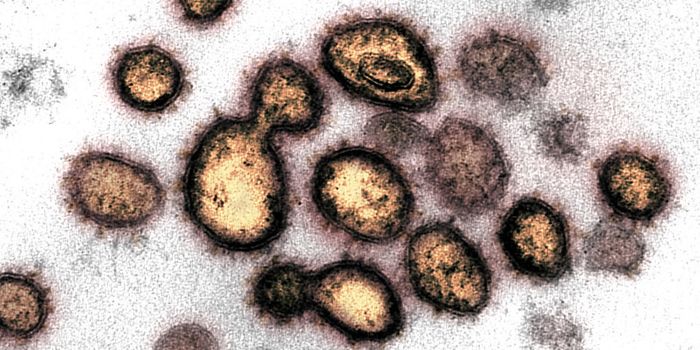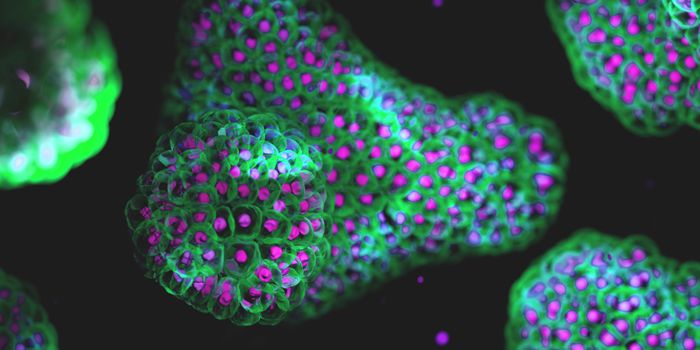Researchers Discover New Strains of Hepatitis C
Scientists studying hepatitis C have identified three new strains of the virus in the most extensive population study of the infection that's ever been done in Africa. The international team that produced the data has suggested that current antiviral drugs used to treat hepatitis C in the West might not work against these new strains; clinical trials should be performed immediately to assess treatment strategies and find the best ones for patients in sub-Saharan Africa. The findings have been reported in Hepatology, and should be considered as the World Health Organization attempts to eradicate hepatitis C.
"In the largest study of hepatitis C in the general population in sub-Saharan Africa to date, we found a diverse range of hepatitis C virus strains circulating, and also discovered new strains that had never been seen before. Further research is needed as some antiviral drugs are effective against specific strains of hepatitis C virus and may not work as well in these populations,” said the study’s co-first author Dr. George S. Mgomella.
Infection with the hepatitis C virus (HCV) can cause hepatitis C, a disease of the liver. It can lead to cirrhosis - chronic damage in the liver, and liver failure. It’s transmitted primarily through exposure to contaminated blood, mainly by needles. It’s estimated that 71 million people have hepatitis C, many of whom live in sub-Saharan Africa. There is no cure or vaccine, and about 400,000 die from the disease annually. The World Health Organization announced in 2016 that it would make eliminating hepatitis C a priority; they want to meet that goal by 2030.
While the Western world has access to antiviral drugs that are effective against several strains of HCV, research on the hepatitis C strains circulating in poor parts of the world, including sub-Saharan Africa, has been extremely limited. Not all infected people have been diagnosed, those that have been infected are not always treated, and public health officials don’t know much about which strains are common and where.
"It is important that there is a concerted effort to characterize hepatitis C strains in sub-Saharan Africa at a population level in order to assist countries to select optimal treatments for national procurement,” said senior author Dr. Emma Thomson of Glasgow University. “It will also be important to inform vaccine design which would catalyze the elimination of hepatitis C by 2030."
For this work, careful screening was done on 7,751 blood samples collected from individuals in the general population in Uganda. The researchers identified HCV that had not been diagnosed yet in twenty people. The team sequenced the genomes from those twenty samples as well as two from the Democratic Republic of Congo (DRC). They found three previously unknown HCV strains as well as some that are common in the Westen world. They also found mutations that are associated with drug resistance in some of those samples.
The researchers concluded that screening methods used in Uganda, which rely on antibody detection, are inaccurate. A better method is to look for the virus itself. Because the virus may be gaining resistance to antiviral drugs, new treatment approaches may also be needed.
"Our study highlights the need for more investment on people in Africa and developing parts of the world. We show there are clear differences in HCV across the world, underlining the need for understanding HCV globally. Our work will help inform public health policy and reveals that further studies and clinical trials in sub-Saharan Africa are urgently needed if the WHO is to achieve its vision of eliminating hepatitis C by 2030,” said one of the senior authors of the work, Dr. Manj Sandhu.
Sources: AAAS/Eurekalert! via Wellcome Trust Sanger Institute, Hepatology








